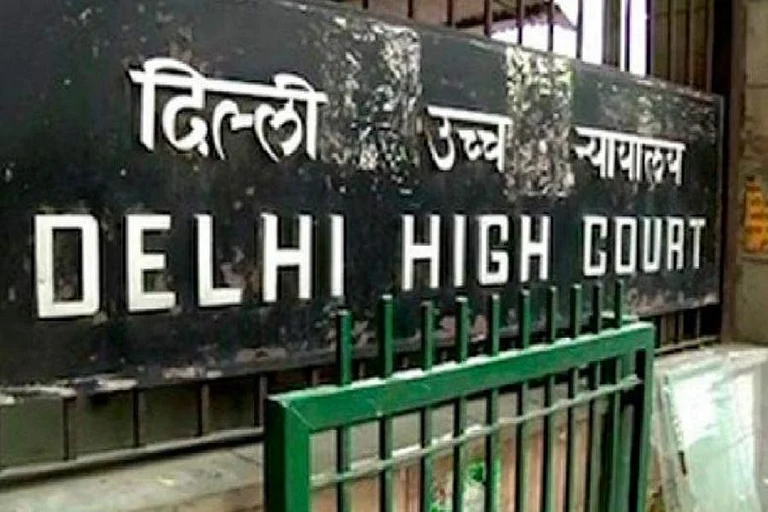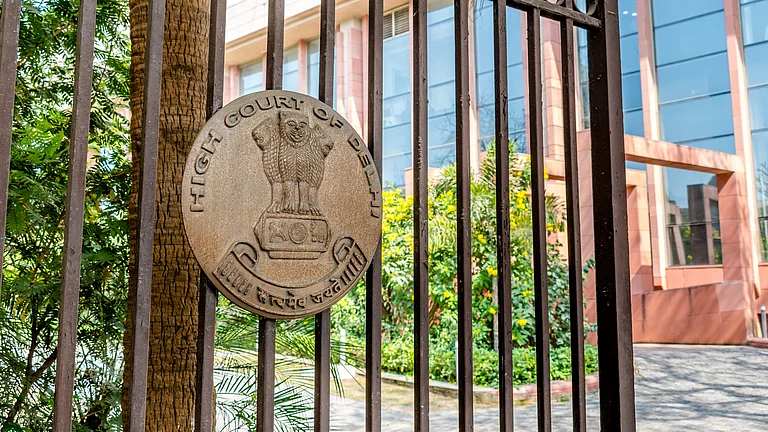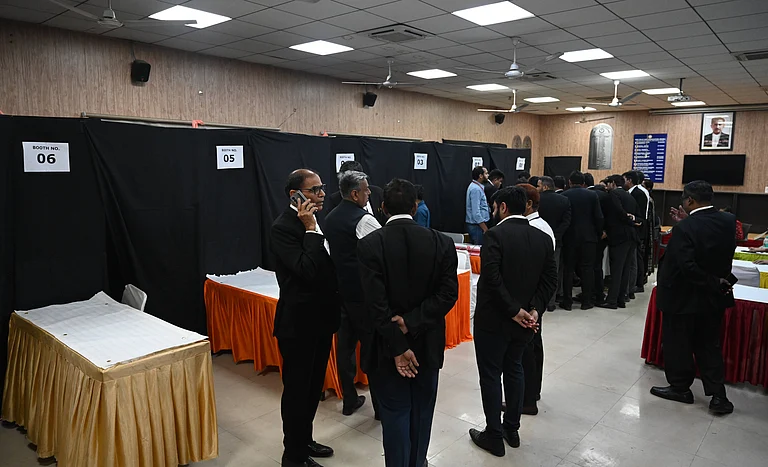
Summary of this article
The Delhi High Court on Monday declared that no law student in India should be prevented from appearing for examinations due to insufficient attendance.
It emphasised that students’ promotion to the next semester cannot be withheld solely on the basis of attendance shortfalls.
The court further clarified that no law college, university, or institution should impose attendance requirements exceeding the minimum percentage prescribed by the BCI.
The Delhi High Court on Monday declared that no law student in India should be prevented from appearing for examinations due to insufficient attendance. The court, while issuing a series of directives concerning mandatory attendance in law colleges, instructed the Bar Council of India (BCI) to review and modify the existing attendance norms.
It emphasised that students’ promotion to the next semester cannot be withheld solely on the basis of attendance shortfalls.
A bench comprising Justices Prathiba M. Singh and Sharma delivered the order while disposing of a suo motu petition, which the Supreme Court had initiated in connection with the 2016 suicide of law student Sushant Rohilla. Rohilla reportedly took his own life after being allegedly barred from appearing in semester exams for not meeting the required attendance.
“Having heard at length the submissions of all stakeholders in this case and having considered the stark realities that have come to light, this court is strongly of the view that norms in education, and legal education in particular, cannot be made so stringent as to cause mental trauma, let alone lead to the death of a student,” the bench observed in its verdict.
Rohilla, a third-year law student at Amity University, hanged himself at his home on August 10, 2016, after reportedly being barred from sitting for his exams due to insufficient attendance. He left a note stating that he considered himself a failure and did not wish to continue living.
The petition was initially filed by the Supreme Court in September 2016 after the incident but was later transferred to the Delhi High Court in March 2017.
In its judgment, the high court directed the BCI to conduct consultations with all relevant stakeholders, including student bodies, parents, and faculty, on revising attendance norms. The aim, the court said, is to safeguard students’ mental health and prevent adverse consequences arising from detention or denial of examination eligibility due to attendance rules.
“While the consultations by the BCI are underway, in the interregnum, it is directed as under: no student enrolled in any recognized law college, university, or institution in India shall be detained from taking examinations or be prevented from further academic or career progression on the ground of lacking minimum attendance,” the bench stated.
The court further clarified that no law college, university, or institution should impose attendance requirements exceeding the minimum percentage prescribed by the BCI.
With PTI inputs























